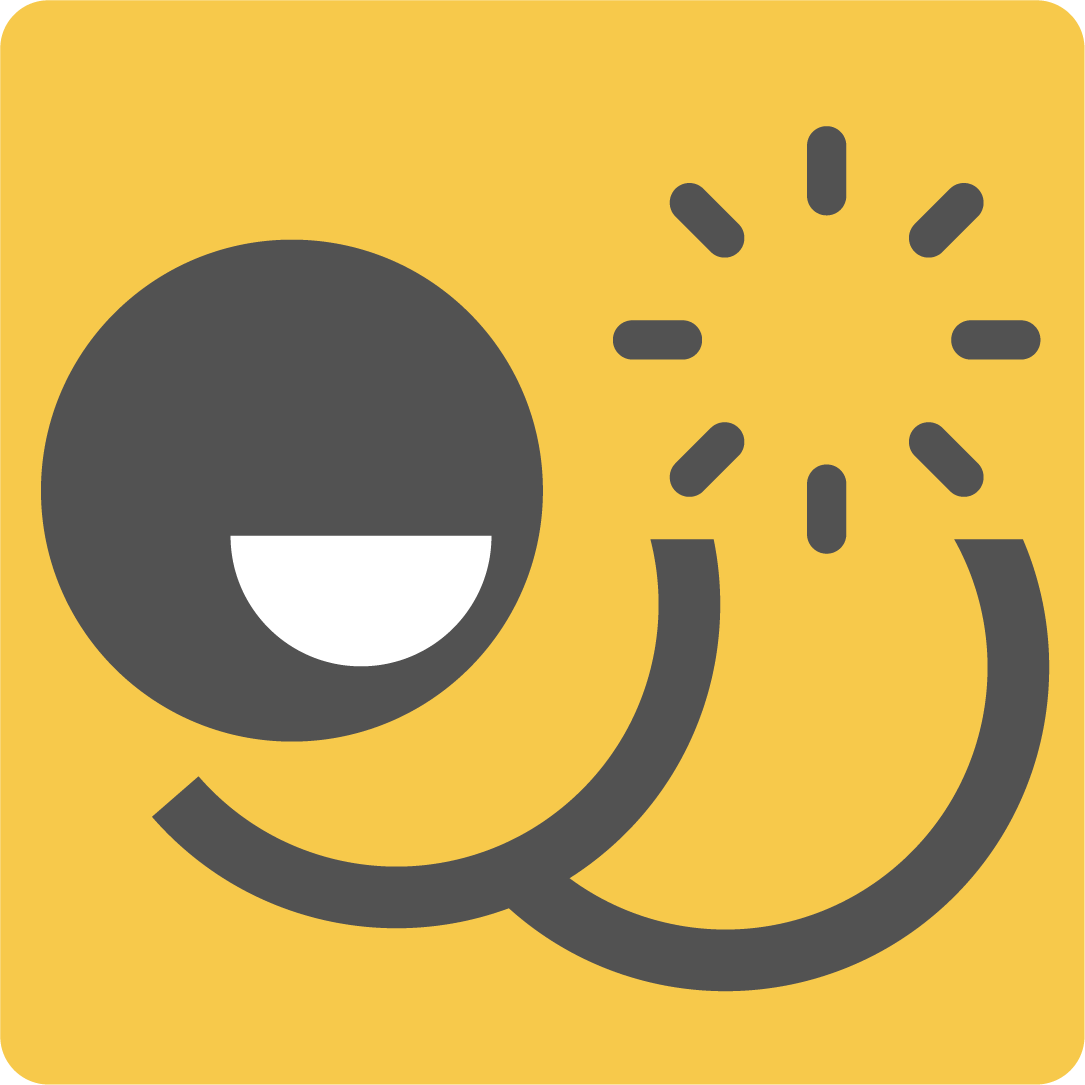Thoughts on Moderating the UX Panel: How Does User Experience Impact My Business?
Last week I was honored to moderate a panel setup by Matt Pacyga as part of Twin Cities startup week. I was asked to moderate the panel by Elwin Loomis, Elwin is a big advocate for UX about how it can be better used and understood by businesses.
Attending a Panel session can be a mixed bag as much as any gathering of people to accomplish a thing, so I spent some time thinking through my goals for the Panel session. I might sort through my notes about my approach to facilitating in a separate post (writing that one down for later).
Glad to say, this panel went well. My measure for that: I'm pretty sure I'm not the only one who had fun and learned stuff.
Panelists that really want to help and have UX skills are amazing
The panelists: Adrian Cumming, Michael Sichmeller, Sara Asche Anderson, and Zack Naylor all shared so much care, passion, and useful approachable advice in getting started with UX for your business.
They demonstrated the benefits of not just critical problem solving but also asking why AND seeking the right problems to solve. That may not seem possible, this was a panel, not a design workshop or research session. Yet, they did, very naturally, as the audience asked questions the panelists dug deeper.
Panels are a gathering format that could use some upgrading
The more I thought through the format and how I planned to facilitate the panel and then the experience of facilitating such a strong group of panelists... the more I wanted to upgrade the format.
Discussion panels are a form of lecture, possibly mixed with mild interaction in the form of questions from the audience. For the most part though, the panel format is about a small group talking and a big group listening. That has potential to not reach a wide variety of learning styles.
When I compare a panel to a design workshop or other more collaborative sessions, I think there might be ways to mash-up the panel discussion with activities that could help provide more and different ways of learning.
Panels have efficiency as a strength. A big portion of the session's time is for the panel of experts to answer questions: that is a lot of useful information. This UX panel certainly covered a lot of ground and I am pleased how the panelists were digging deep to think through and share.
An example of experimenting with the format: during the wrapup I asked the audience to share four more things that they wanted the panelists to cover either as a double-down on something already said or bring in something as of yet missing. The panel met the challenge with passion, insight and sincerity.
It'd be fun and interesting to try more small experiments, tweak the format, find different balances of expert sharing and collaborative activities. I'll be sure to test this via the "I'm not the only one who had fun and learned stuff" measure.
Thanks again to a great panel of experts!

